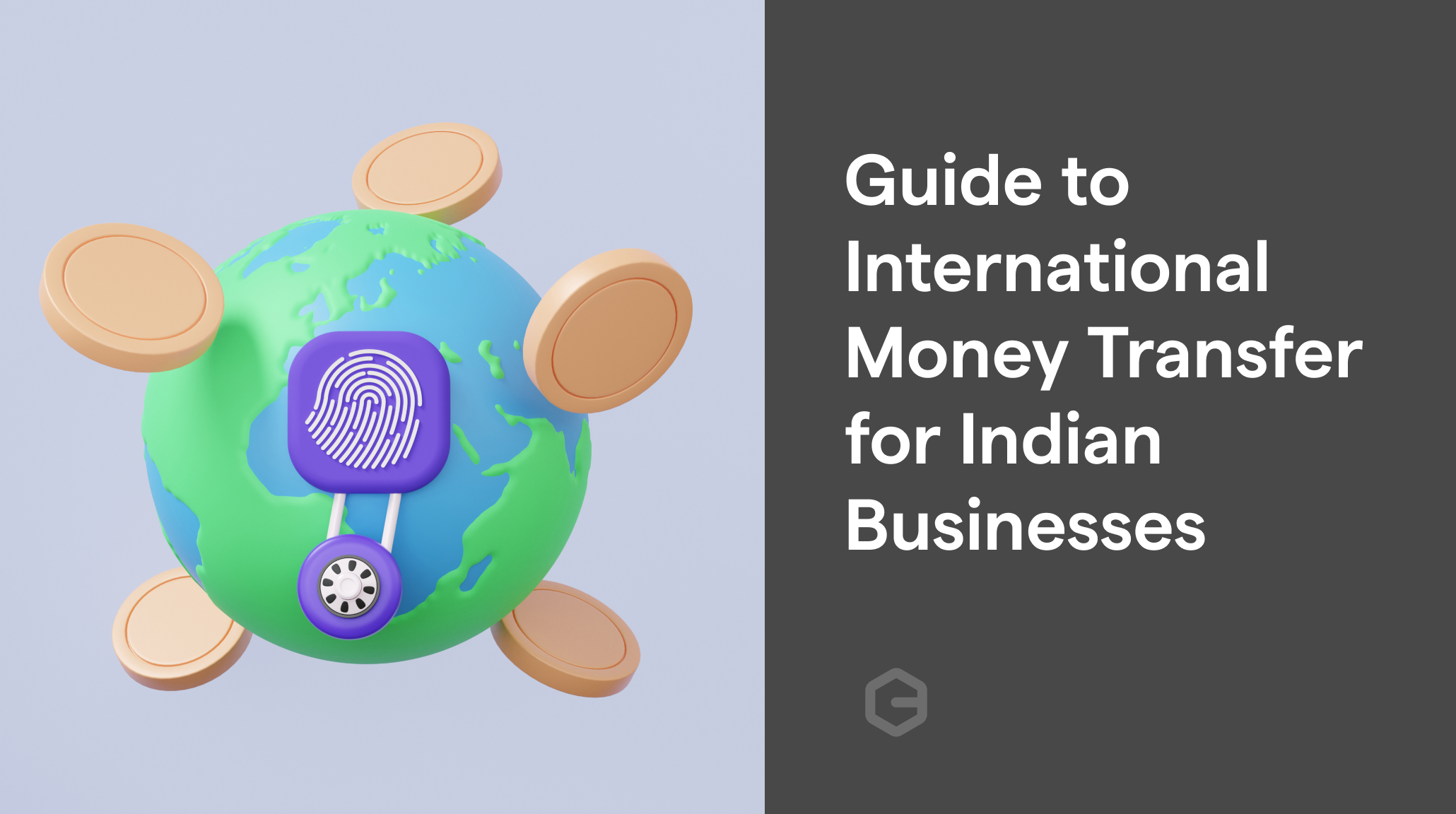In a world more connected than ever before, businesses and individuals are engaging in cross-border transactions with increasing frequency. However, despite the rapid advancement in technology and financial systems, there are still many challenges that hinder the efficiency and effectiveness of cross-border payment systems. This is a major issue, as these payment systems are critical for financial inclusion and growth, not only for businesses and individuals but also for the banks and financial institutions that support them.
In this article, we will explore the importance of cross-border payment systems, the challenges that they currently face, and the solutions that are being developed to overcome these challenges.
Why are international payments complicated?
One might think international transactions are not quite different from domestic transactions except for beneficiaries being in different countries. But there are a lot of complications to cross-border payments than just that.
Differences in payment systems
Due to the lack of standardization in international payment systems, there are various payment methods and protocols in use around the world, each with their own unique characteristics and requirements.
So, when money is being transferred across systems, these differences are to be taken into account. Force fitting one country’s payment flow over another usually leads to transactions being declined.
Take India for instance. Two-factor authentication (2FA) is widely used for online and mobile banking transactions and for digital wallet payments. This usually involves a password or PIN, combined with a one-time code sent via SMS or email. But the same transaction does not work with similar technology in countries such as USA.
Payment platforms must be able to handle these differences as well as adapt to changes in these systems over time.
Regulatory standards and global compliance
Different countries have different financial regulations and standards, which can make it difficult to transfer funds between them. For example, some countries may have restrictions on the amount of money that can be transferred out of the country or require additional documentation to verify the legitimacy of the transfer.
The risk mitigation and best practices put in place to safeguard companies against danger and fraud also vary.
Difference in currencies
Exchange rates can also pose a challenge. When sending money internationally, the sender's currency must be converted to the recipient's currency, which can result in additional fees and potentially unfavorable exchange rates. Payment orchestration platforms must ensure that exchange rates are accurately calculated and that fees are transparently disclosed to customers.
The Challenges with International Payments
High costs
There are several intermediaries involved in international payments, there are processing costs involved in most steps. This, added with conversion costs, cuts the money being transferred.
With increased competition in global markets, it becomes difficult for businesses to maintain competitive costs without losing profit margins.
Slow transactions
Cross-border payments through traditional banking institutions typically take between 2-5 business days if the process goes smoothly. They can be subject to delays too due to the involvement of multiple banks and financial institutions.
Reducing processing times is essential for businesses to meet customer expectations.
Lack of transparency
The lack of transparency in the international payment process can also be a challenge. It is difficult to track the status of a payment and confirm that it has been successfully received by the intended recipient, which can lead to disputes and delays.
Payment orchestration platforms must provide real-time visibility into the payment process, enabling customers to track their payments and receive timely notifications of any issues or delays.
Security concerns
Whether crossing borders or not, all customers worldwide want to send money safely without worrying about security issues. Unfortunately, of course, cross-border transactions are vulnerable to high-level security breaches.
International payments have a high rejection rate and are prone to fraud attempts for many reasons. These could be the lack of a mature payment infrastructure, long payment chains, differences in transaction currencies, problems matching transaction flows in India with foreign transactions, and compliance considerations.
This is another area where having a secure and robust payment system helps.
The potential solutions
Depending on the type of business and the payment patterns, merchants have several options to ensure their international transactions are processed smoothly.
Factors :
- Approval Rates
- Fraud Management
- Transacting currencies
- Settlement currency
- Payment methods supported
- Payment frequency
For example, for low to medium-frequency business transactions, a business account is an effective solution. You can read more about what is a multi-currency business account and how it can help you save conversion costs.
Based on the transacting currencies, businesses have a range of payment solution providers to choose from. For high frequency payments, take e-commerce stores as an example, a payment gateway with global routing capabilities and an advanced fraud prevention system can support safe and secure payments while delivering a smooth payment experience.
Conclusion
Cross-border payments through traditional methods leave merchants to choose between slow processing times, expensive processing fees or broken customer experience. Depending on the line of business and payment patterns, merchants can find solutions that are efficient, cost-effective and customer experience centered. PayGlocal is one of the payment providers that can deliver all the solutions that businesses need for processing international transactions.



